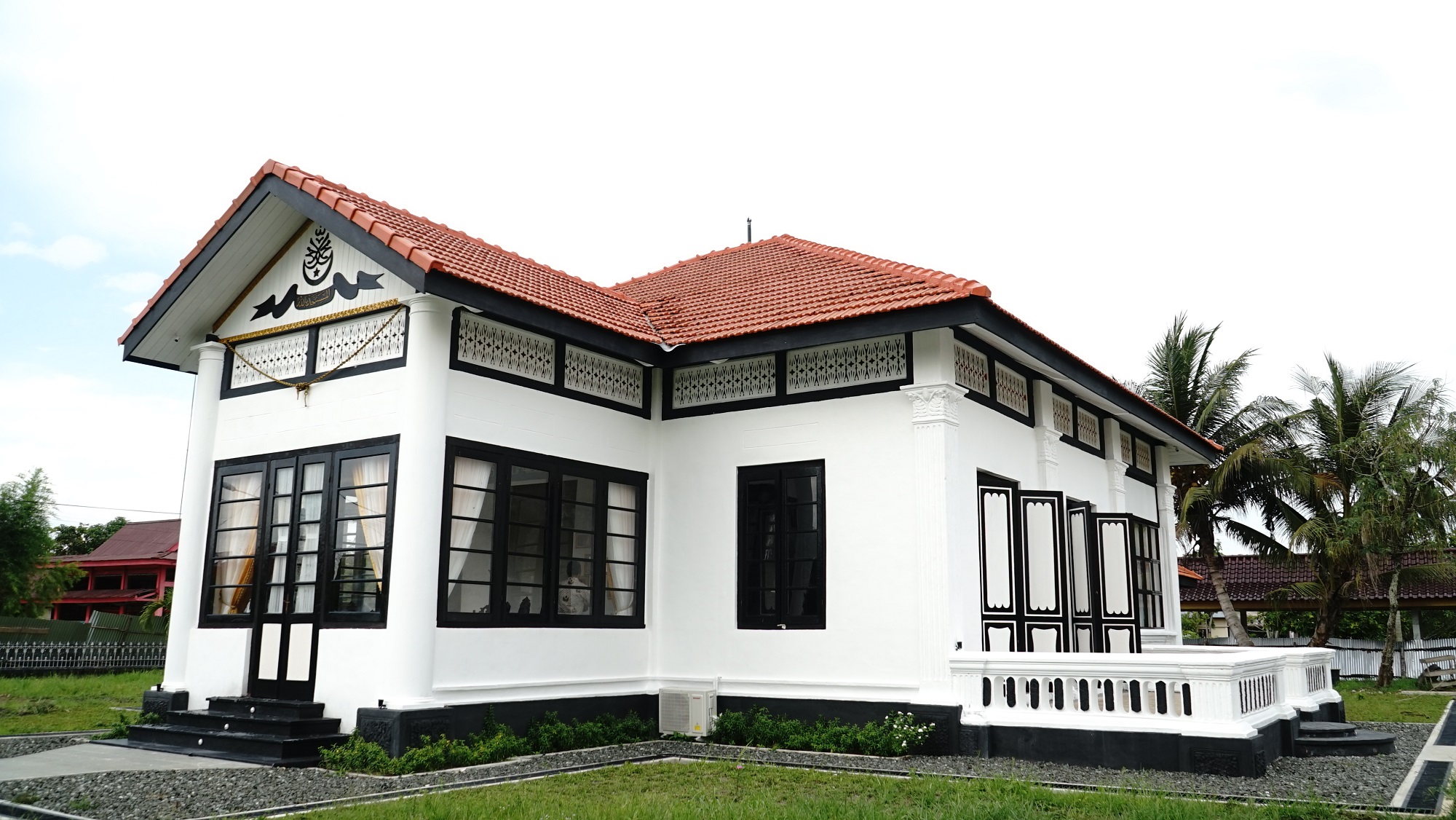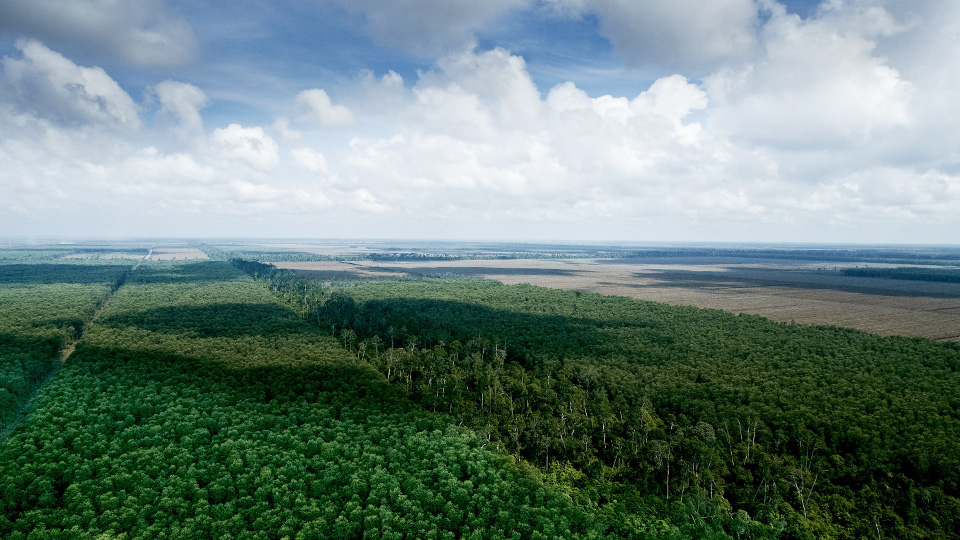Transforming Tourism: For A Sustainable and Resilient Future
- Details
The pandemic has severely disrupted global tourism. It's time to embrace sustainable tourism development.
When the world went into lockdown in March 2020, some of the most striking images shared on social media were those of empty airport lounges and unused planes idly parked under bright blue skies. According to the United Nations World Tourism Organization (UNWTO), international tourist arrivals dropped around 74 percent in 2020 from the previous year, which peaked at 1.5 billion. In effect, the world's fastest-growing economic sector was put to a halt by covid-19. For many developing countries in the Asia-Pacific region, where tourism is a major source of income, the impact has been devastating.
Perhaps no other island in Indonesia is more prominent than Bali when it comes to global tourism. In 2020, Bali witnessed an 85 percent drop in visitors. Hotels, restaurants, and attractions were forced to shut their doors. With the tourism sector representing 80 percent of the island’s economy, residents struggled to make ends meet. Many ex-hotel workers went back to their villages, tilling their land for agriculture or going back to seaweed farming. Then, the question arises: Has Bali become unsustainable?
Responsible tourism
"Tourism that takes full account of its current and future economic, social and environmental impacts, addressing the needs of visitors, the industry, the environment and host communities" is how the UNWTO defines sustainable tourism.
The Indonesian Ministry of Tourism and Creative Economy is aware of the importance of sustainable tourism. Having set 10 new priority destinations across the country, the government has adopted the UN’s Sustainable Development Goals (SDGs) into its tourism regulations and practices. On top of that, the ministry has also issued a certification program that functions as a preventive measure against covid-19 transmissions in the travel and tourism industry. It also serves as a prerequisite for travel destinations to resume their activities in the pandemic age.
The certification aims to enforce a series of health protocols based on cleanliness, health, safety and environmentally sustainable (CHSE) practices. Introduced in August 2020, the certification program was rolled out alongside the InDOnesia CARE campaign, initiated by the Indonesian Ministry of Tourism and Creative Economy. It was created to boost the local economy through the promotion and enforcement of strict health protocols.
Post-pandemic, Bali and other destinations in Indonesia must comply with CHSE protocols. After months of uncertainty, and with so much at stake, such as the livelihood and development of local communities, the certification program is one of the most effective strategies initiated by the Indonesian government to revive the travel and tourism industry, and recover last year’s losses.
Mindful initiatives
However, the task is not up to the government alone. It involves every stakeholder to make a destination sustainable. Businesses are encouraged to support sustainable community-based initiatives and lead a continuing shift toward tourism.

For example, prior to the pandemic, Due to the pandemic, however, the event is postponed indefinitely — until such a time it is safe enough for visitors to gather in large numbers. According to the Department of Culture and Tourism in Kuantan Singingi, the festival is expected to resume in 2022.

Additionally, RAPP also supported the restoration of Peraduan Palace. This historically significant landmark belongs to the royal family of Siak Sri Indrapura, a Malay sultanate of Riau. These contributions aim to support Riau as a culture-based destination.
At the end of the day, though, it all boils down to our own personal contribution and responsibility as travellers and visitors. Here's a few things we can do to ensure our contributions in driving sustainable tourism:
- Understanding local laws
- Before we travel, it would be good to first understand the local laws and customs of the country we plan to visit. Some countries may apply strict attire rules and night time activities, for example. Let’s not be the type of tourist who gets in trouble or offends local communities by acting out of the norm.
- Eating local
- Eating local cuisines is the best part of traveling! When we buy local food, we directly support local farms and producers. It means we're enabling employment for farm workers and creating jobs for those in the local food business and distribution centers. In the grand scheme of things, eating local helps strengthen the local economy and improve the lives of those within the community.
- Minimize your litter
- Clean after ourselves. We can do this by bringing reusable bags and disposing our trash into the right bin. Remember we are a guest in someone else’s home country or region; so treat everyone and every place with the respect it deserves while supporting local businesses.
Only by implementing sustainable practices for the local community, visitors and the industry can tourism meet the requirements to overcome present challenges without endangering the future.
More Articles






